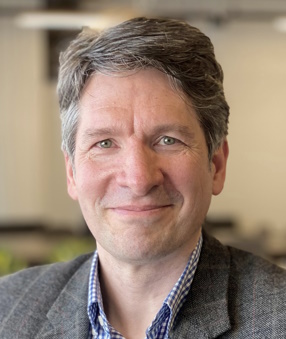AESLA 2024
41 International Conference of the Spanish Society for Applied Linguistics (AESLA)
Biodata
Laurence Anthony is Professor of Applied Linguistics at the Faculty of Science and Engineering, Waseda University, Japan. He has a BSc degree (Mathematical Physics) from the University of Manchester, UK, and MA (TESL/TEFL) and PhD (Applied Linguistics) degrees from the University of Birmingham, UK. He is a founding member of the Center for English Language Education in Science and Engineering (CELESE), which runs discipline-specific language courses for the 10,000 students of the faculty. His main research interests are in corpus linguistics, educational technology, and English for Specific Purposes (ESP) program design and teaching methodologies. He received the National Prize of the Japan Association for English Corpus Studies (JAECS) in 2012 for his work in corpus software tools design, including the creation of AntConc.
Lecture
Understanding and explaining discourse with the help of Large Language Models
Recent developments in Artificial Intelligence (AI) have taken the world by storm. The ChatGPT large language model (LLM), for example, is reported to be the fastest-growing Internet service of all time, and each day we read reports of new models and innovations in AI that affect our daily lives. The impact of AI on applied linguistics research and language teaching is also expected to be unprecedented. Even within a year of the release of ChatGPT, we have already seen dramatic changes in the way researchers conduct studies, teachers prepare materials for class, and learners complete their class reports. In this paper, I will first introduce some of the key building blocks of LLMs and explain how their design not only leads to some very interesting and powerful emergent properties, but also a few important weaknesses. Next, I will show how LLMs can facilitate a new age of discourse-related research by assisting in the annotation of textual data during corpus creation. Then, I will show how LLMs can assist in the preparation of classroom materials that help learners to better understand the form and function of discourse structures through example generation and analysis. Finally, I will discuss some important directions for discourse-related research that will allow applied linguists to play an important role in the development of future LLMs and AI systems.
